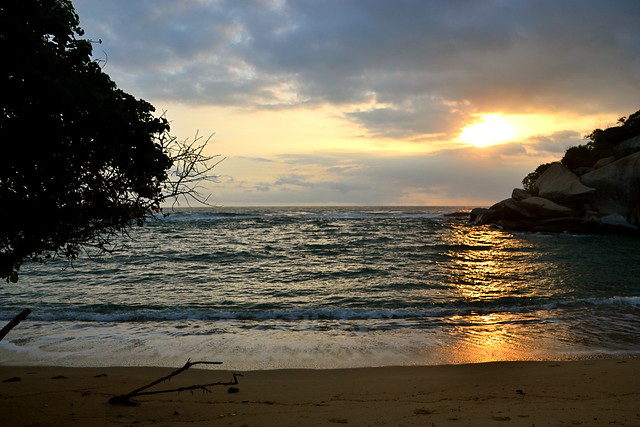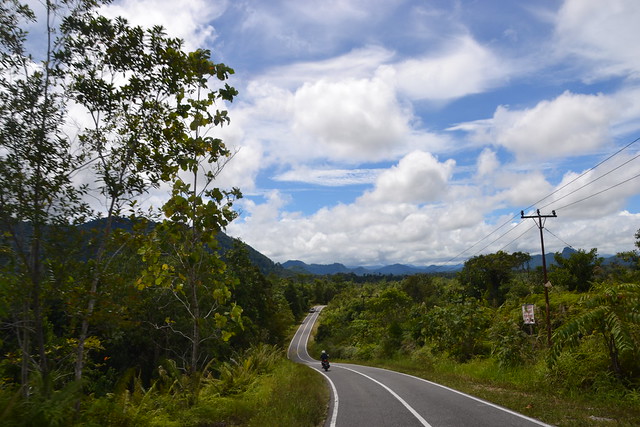It’s a bit of a tradition by now to reflect on the past year of blogging. But this seems to have been the year of benign blog neglect. Between prepping for a PhD milestone, traveling a cumulative 3.5 months for work and leisure (actually on a wander in NZ at the moment...), and wasting considerable time reading and stressing over the news, blog posting has taken a backseat. So I snagged a few snippets from unfinished posts and from a year of tweets.
The year itself was filled to the brim. Besides an endless barrage of media attention around the demise of whatever integrity had remained in US democracy, earth, wind, and fire seemed to take out their collective rage on human beings. An unusually intense hurricane season, an untimely Indian monsoon, and drought-fueled forest forest made extreme weather a trending topic.
An erratic Indian Monsoon, the life force of much of South Asia, began this anomalous year of weather. Unprecedented flooding resulted in over 1,200 deaths across South Asia. Yet this extreme rainfall was uneven, swinging in both directions with some parts of the region receiving as little as 1/3 less rain than usual. An agricultural system highly dependent on rainfall means that crop losses this year have had substantial consequences for people's lives - hunger and health. But it was the Northern hemisphere hurricanes that made headlines in 2017, as a series of hurricanes smashed into Caribbean islands and the southern US. While not completely unheard of, warmer sea surface temperatures did make for really favourable conditions that spawned some powerful storms. The Caribbean felt the brunt of four consecutive categories 4 and 5 hurricanes, and much of Puerto Rico is still without electricity or running water.
The thing about “natural disasters” is they usually require some sort of human failing. The monsoon was tragic partly because poverty reduced people’s ability to weather losses (and many were probably living in areas more prone to flood damage). The fires that have ravaged California in the latter part of the year were exacerbated by sprawling development patterns and insufficient fire prevention management activities (like brush clearing and controlled burnings). Puerto Rico is still like a war-torn country, because of insufficient federal emergency assistance (and a history of exploitative policies by a colonial government). And all of these events were in some way influenced by man-made climate change.
Speaking of climate change, I unfortunately contributed my fair share of greenhouse gas emissions via air travel. Two trips to Indonesia included a slightly longer stay in Borneo to interview people about community management of forests. A conservation conference took me to Colombia, where only this past year a peace agreement between the government and guerrilla groups was signed. Finally, a cheeky holiday in Japan highlighted the melding a nature and culture.
And just as an aside, a fellow PhD student and I started recording a semi-regular podcast this year, called Conservation Crossroads. Check it out!
Happy New Year! Here’s to a happier and healthier one!
Read Years Passed


No comments:
Post a Comment